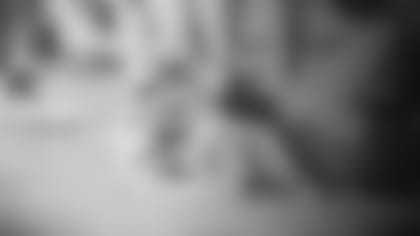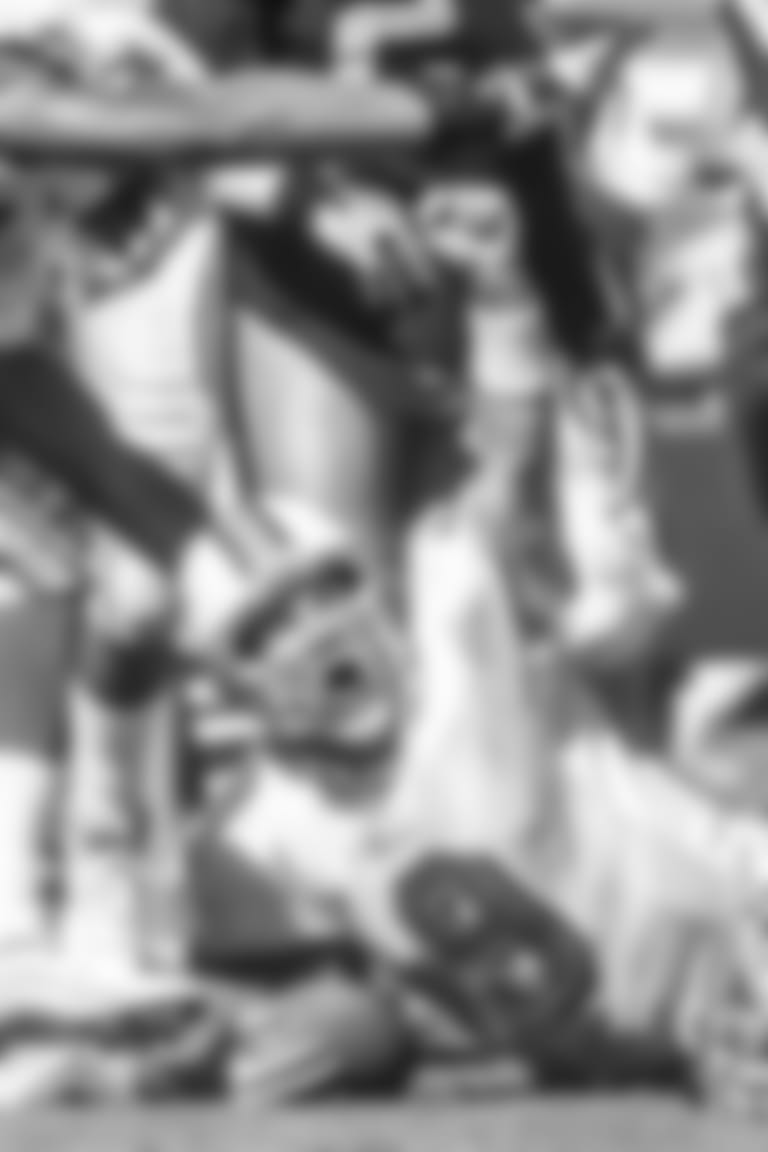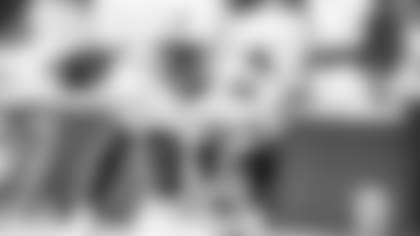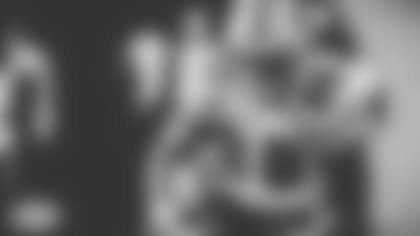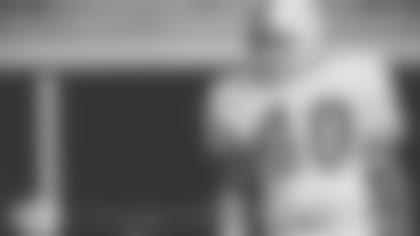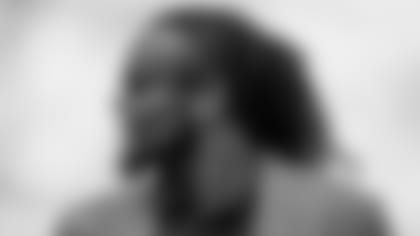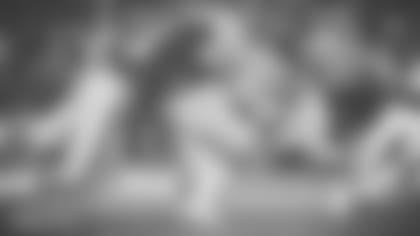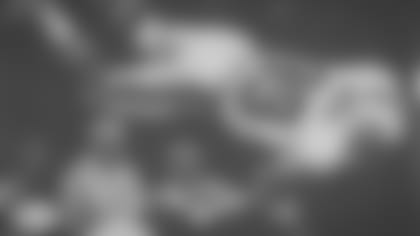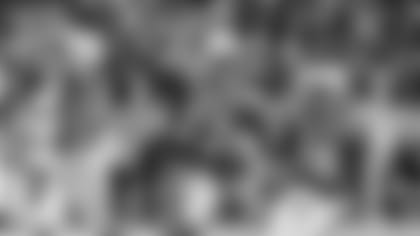"It allowed us as athletes to be able to get our focus away from what was going on. We realized that life does move on and we had to keep pushing forward. We translated that to getting back on the field and allowing America to heal and give them a bit of normalcy after a couple weeks of grieving." – Jay Fiedler
Week 3 of the 2001 NFL season was unlike any other. Coming off a league-wide cancellation of the previous week's slate, play resumed as planned 12 days after the September 11 attacks. Quarterback Jay Fiedler, a native of New York, bookended Miami's 18-15 win over the Oakland Raiders with memorable moments that provided a parallel between the game of football and the nation's resilient pedigree.
The resumption of sports was a unifying thread in America. Patriotism was on display throughout the NFL landscape as the country continued to heal and come back from one of the greatest tragedies in our nation's history. Fiedler punctuated the first game back with a game-winning touchdown run to topple the Raiders in the contest's final moments.
Before any of that could happen, a lot of grieving had to occur. Especially for the Dolphins quarterback, who was born in Oceanside, New York; a 32,000-resident city an hour west of New York City.
"We didn't know what was going to happen," Fiedler said. "The tragedy happened on an off day on a Tuesday. I remember waking up and getting ready to go to the facility to watch some film and get prepared for the next week. I turned on the T.V., saw what was going on, and it took me a while to get in that day."
Like the rest of us, athlete's minds were elsewhere on that day – for that entire week.
"Growing up in the area, one of my best friends from college worked in the World Trade Center, Cam Fitzgerald, up on the 100th-something floor," Fiedler said. "Luckily he was working some overnight hours and was out of there by the morning but I didn't know that. I spent a good part of the day trying to connect with him and some other people but the phones were all messed up that day so it took a while to finally get the good news."
The fallout from the attacks impacted everything. No industry changed more than the airline industry.
"The preparation getting back … you still had a lot of things going on," Fiedler said. "Air travel was different. My dad used to make it down to every single game of mine, home or away. He jumped on a JetBlue flight and there was maybe four people on the flight. People were that scared of getting on planes."
The NFL decided teams were going to be announced as one, unified collective opposed to the traditional one-by-one starting lineup introductions. For the Dolphins, there was no question about who would lead the team out of the tunnel on that day.
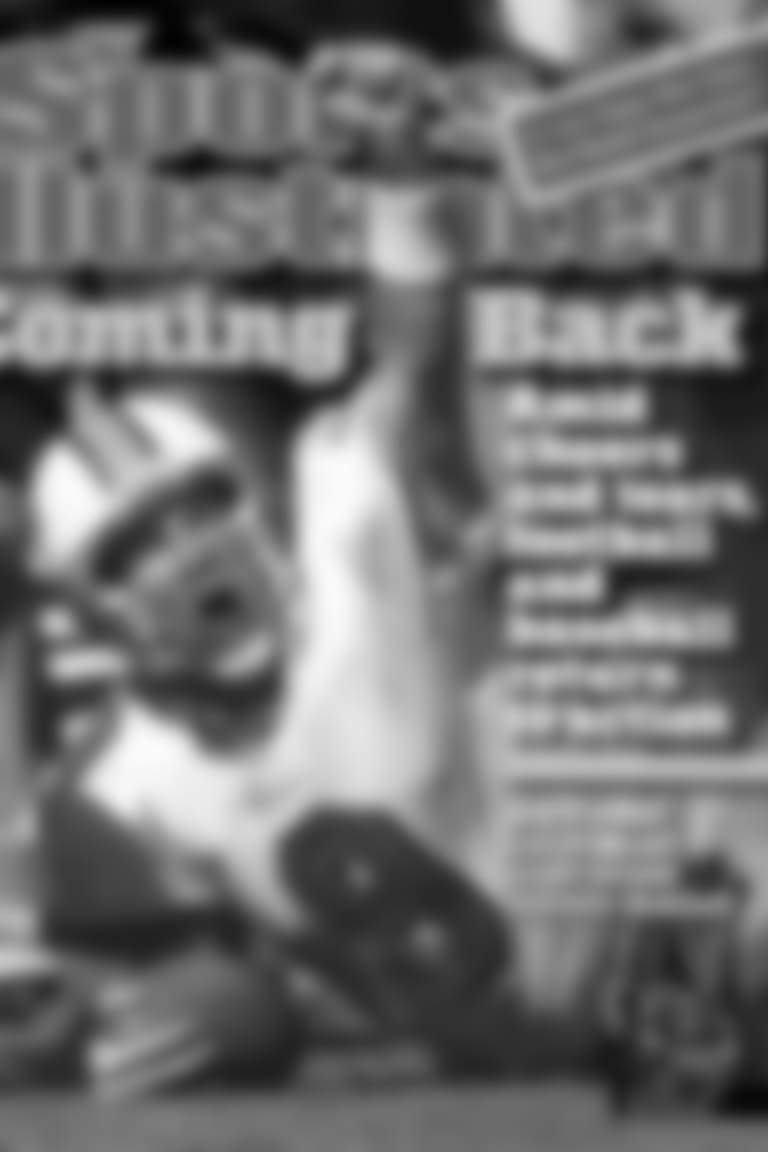
"We did talk it out as a team," Fiedler said. "We were talking about whether we even wanted to play before the NFL made their decision to cancel the game. Because of my New York connection and being a team captain, it was an honor for me to be out front when we were announced pregame with the American flag and lead the team out onto the field."
The pageantry of a regular NFL game is something to behold in its own right. The first week back post-9-11 was nothing short of a can't miss spectacle. Tears, cheers and patriotism were proudly displayed by all.
"The emotions of the national anthem definitely hit a chord with a lot of people," Fiedler said. "I think they had a big fly over for the game, which was energetic and emotional at the same time, with the huge American flag out there. There were some first responders and military down there, so there was definitely a lot of pageantry around the patriotism of coming back and playing."


